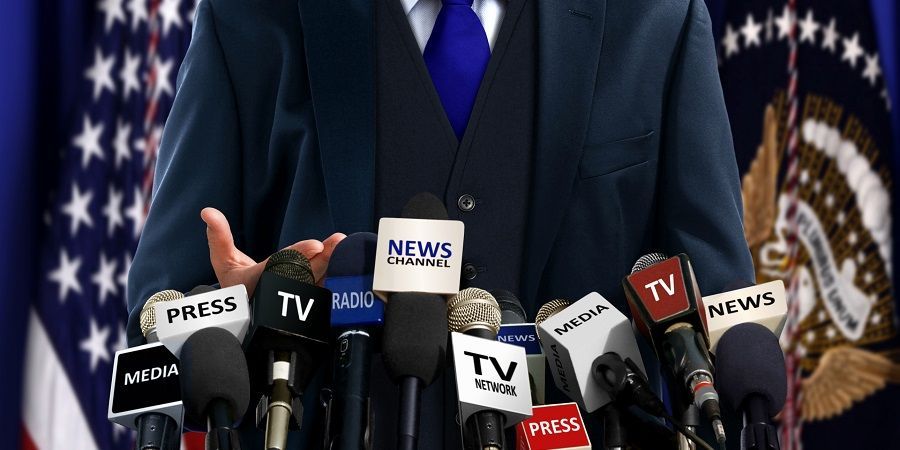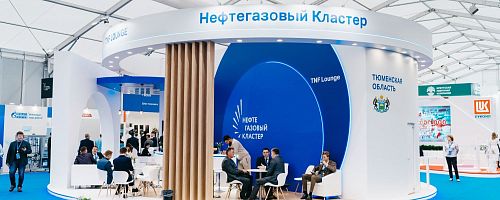No Lifeline Guarantee for Russian Tycoons
A top Kremlin official warned that Russia's debt-burdened tycoons might have to part with their assets amid the deepening global crisis -- and says the government no longer has the resources to bail them out. In an exclusive interview, Arkady Dvor.

In an exclusive interview, Arkady Dvorkovich, President Dmitry Medvedev's top economic aide, betrays none of the bravado that until recently colored Kremlin pronouncements on the crisis.
Sitting in an office that once belonged to Communist Party General Secretary Leonid Brezhnev, the 36-year-old economist says the shock hasn't fully set in for Russian businessmen and officials who had grown used to the fat years when oil prices were high and money flooded into the country.
"Many still think that in half a year or more we'll return to the easy existence when you could throw money around," he says. "We'll never return to that situation."
"No one in the world has any particular optimism," he says, looking tired after an overnight flight from meetings in London with officials planning next month's Group of 20 global crisis summit.
Stopping short of admitting a mistake, he says the Kremlin's bailouts of some of the richest and best-connected oligarchs late last year were "individual cases" that won't be repeated.
Tycoons such as metals magnate Oleg Deripaska borrowed heavily to expand their empires and are now scrambling to pay their loans as prices for metals and their other products have plunged and once-abundant foreign credit has all but dried up.
Mr. Deripaska was one of the select few who got bailout loans in the fall from the government, which at the time feared stakes in major companies that had been pledged as collateral might wind up in the hands of foreign creditors.
As the tycoons have scrambled for official help, many bankers and business leaders fear the government could wind up taking over major assets.
"The authorities don't have any plans to take things away from people and nationalize them," Mr. Dvorkovich says. "But that doesn't mean that one shareholder can't sell to another investor. It doesn't mean that the state won't wind up owning some assets that were held as collateral."
Mr. Dvorkovich denies speculation that the worsening economic situation is fueling tensions between President Medvedev and his patron, Prime Minister Vladimir Putin. "Their positions don't differ at all," he says.
People involved in the process say Mr. Putin makes virtually all the key economic-policy decisions, as he did when he was president.
Mr. Dvorkovich dismissed calls from some senior officials for nonmarket steps such as reimposing capital controls. "Among those who are responsible for this, there is no difference of opinion," he says.
Like many other governments, Russia's has consistently underestimated the severity of the global downturn. After promising generous aid to a swath of industries late last year, the Kremlin quietly scrapped nearly all of those plans in the past few months, officials say. Other costly decisions were delayed by Russia's bureaucracy.
But government advocates of a sharp cut in spending to offset the 40% drop in revenues this year were forced to compromise in budget debates in recent weeks, according to people close to the process. Their opponents pushed for a U.S.-style stimulus program, which many economists warn would drive inflation in Russia.
"The crisis in the U.S. and the crisis in Russia are completely different," says Vladimir Mau, a prominent economist who heads an advisory panel to the government's anticrisis team. Where Western countries are facing deflation and need to spend, Russia is in "stagflation" -- persistent inflation combined with stagnant growth and relatively high unemployment -- which requires tight money, he says.
Mr. Dvorkovich says the government compromised on the budget, cutting some areas to offset higher anticrisis spending. With the deficit at its highest level in more than a decade, inflation will be "a bit higher" than last year's 13.3%, he says.
Much deeper spending cuts will be needed in 2010 and 2011, however, to ensure foreign-currency reserves last long enough. The revised budget should go to parliament by the end of the month, he says.
Even with the extra spending, Mr. Dvorkovich says the best the Kremlin can hope for is to make the recession this year -- Russia's first in a decade -- a bit shallower. For the moment, the slowdown is deepening; more than a million jobs will be lost this year.
Punishingly high interest rates -- increased to defend the ruble after a costly slow-motion devaluation -- will come down now that the pressure on the ruble has eased, "but I can't tell you how fast," he says.
Its reserves depleted, the government will focus on supporting employment and key industries like defense and construction.
The tycoons who built their empires with tens of billions of dollars in foreign loans will have to deal with their creditors now that they can't cover payment, he says.
Some will end up in bankruptcy, he says, while others will be able to restructure their debts and their businesses and emerge from the crisis. Embattled aluminum giant UC Rusal fits into the second category, he said, since it has some of the lowest production costs in the world.
The government is waiting for Rusal to work out a deal with its foreign creditors -- who granted a two-month grace period for negotiations on $7 billion in debt on Friday -- before determining what do with the additional $7 billion Rusal owes to Russian state banks.
Swapping some or all of that for equity in Rusal is among the options under consideration, Mr. Dvorkovich said. A person close to the talks said a Russian state bank could wind up with a stake of as much as 15% in the company.
"There's no general policy and there can't be one," Mr. Dvorkovich says.
Many Russian businessmen and bankers expect a number of the once-powerful oligarchs to lose large chunks of their empires as a result of the crisis.
"Everyone has been running to the government to sell their assets or get bailed out," said one Moscow banker. "This will be remembered as not the finest hour for the oligarchs."














